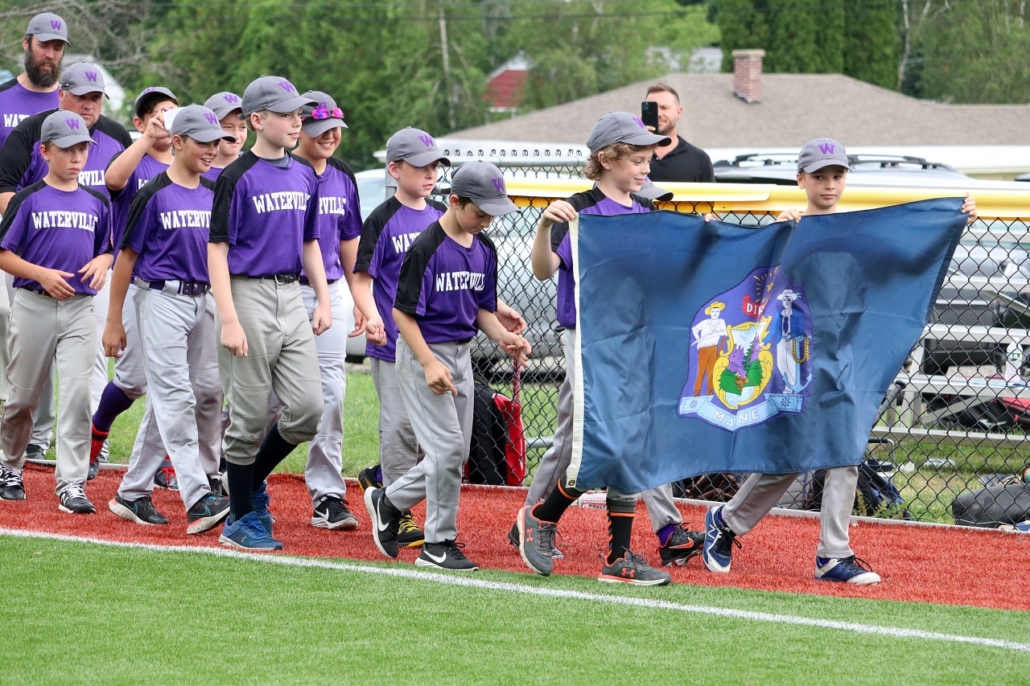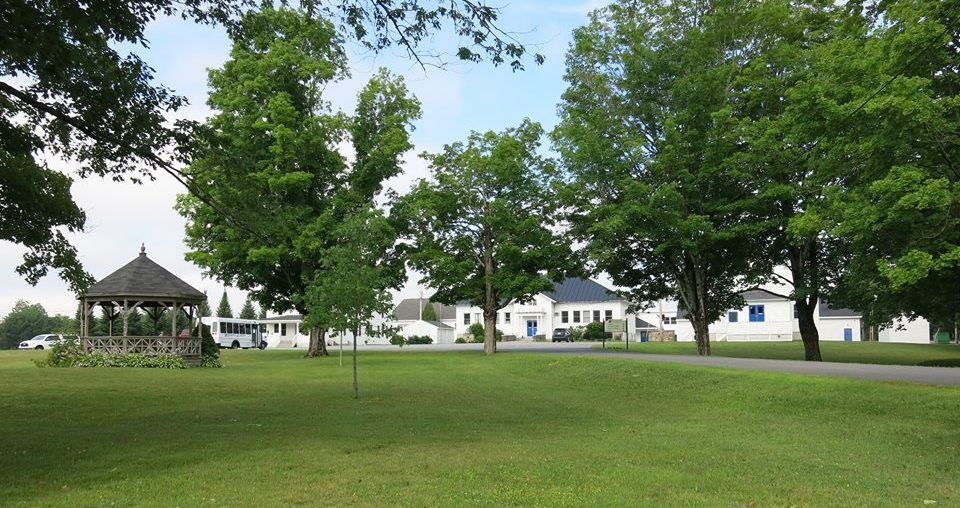
(photo credit: Erskine Academy)
Grade 12
High honors: Abbygail Blair, Everett Blair, Johnathan Blair, Nomi Bouwens, Samantha Box, Anthony Chessa, Ashley Clavette, Nolan Cowing, Joleigh Crockett, Cody Devaney, Abigail Dumas, Amelia Evans, Addison Gamage, Margaret Gamage, Avril Goodman, Avery Henningsen, Haley Laird, Isabela Libby, Emily Lowther, Chiara Mahoney, Jonathan Martinez, Gavin Mills, Michael Nicholas III, Brian Ouellette Jr, Olive Padgett, Courtney Paine, Annaliese Patterson, Aiden Pettengill, Anna Pfleging, Sydni Plummer, Harry Rabideau, Kristin Ray, Joshua Tobey and Dylan Wing.
Honors: Mara Adams, Brooke Allen, Philip Allen, Alyeska Anderson, Isabella Bishop, Christopher Bourdon, David Bourgoin, Trevor Brockway, Emma Burtt, Saydi Cote, Joshua Cowing, Jacob Devaney, Phillips Gidney, Patrick Hanley, Hailey Haskell, Braydon Hinds, Paeshance-Rae Horan, Emma Hutchinson, Keith Knowles, Kaylah Kronillis, Sierra LaCroix, Colby Lloyd, Hailey Mayo, Elek Pelletier, Allison Roddy, Acadia Senkbeil, Hanna Spitzer, Riley Sullivan, Riley Toner, Jake Williams, Ryan Williams and Mollie Wilson.
Grade 11
High honors: Isaac Baker, Maylien Beermann, Autumn Boody, Lilian Bray, Emily Clark, Liberty Crockett, Colby Cunningham, Michele De Gugliemi, Isabella DeRose, Luke Desmond, Kaden Doughty, Emma Fortin, Josette Gilman, Samantha Golden, Trace Harris, Grace Hodgkin, Rachel Huntoon, Grace Kelso, Mallory Landry, Aidan Larrabee, Lili Lefebvre, Hunter Marr, Calvin Mason, Wes McGlew, Rebecca Morton, Brady O’Connor, Adam Ochs, Abigail Peaslee, Devon Polley, Lilly Potter, Sarah Praul, Letizia Rasch, Paige Reed, Riley Reitchel, Parker Reynolds, Mackenzie Roderick, Abbey Searles, Andrew Shaw, Hannah Soule, Natalie Spearin, Hannah Strout – Gordon and Lily Vinci.
Honors: Julia Barber, Alana Beggs, Jacob Bentley, Jack Blais, Daniel Cseak, Alexander Drolet, Abigail Dutton, Kelsie Fielder, Wyatt French, Jenna Gallant, Larissa Haskell, Isaac Hayden, Emma Jefferson, Hunter Johnson, Tanner Klasson, Shawn Libby, Isavel Lux Soc, David Martinez – Gosselin, Malcolm Martinez, Kaden McIntyre, Patrick Merrill, Julian Reight, Daniel Tibbetts, Hannah Torrey and Samuel Worthley.
Grade 10
High honors: Hailey Acedo-Worthing, Carson Appel, Abigail Beyor, Eve Boatright, Katherine Bourdon, Breckon Davidson, Nicole DeMerchant, Lillian Dorval, Loralei Gilley, Alivia Gower, Cooper Grondin, Elizabeth Hardy, Grady Hotham, Grace Hutchins, Olivia Hutchinson, Beck Jorgensen, Kaiden Kelley, Meadow Laflamme, Zephyr Lani-Caputo, Dale Lapointe, Dinah Lemelin, Brenden Levesque, Malachi Lowery, Lily Matthews, River Meader, Nabila Meity, Maddison Paquet, Timber Parlin, Kayla Peaslee, Jonathan Peil, Gabriel Pelletier, Sophia Pilotte, Kaden Porter, Ingrid Ramberg, Alexis Rancourt, Cadence Rau, Samantha Reynolds, Sarah Robinson, Ally Rodrigue, Noah Rushing, Emmalee Sanborn, Sophie Steeves, Daniel Stillman, Emma Stred, Jacob Sullivan, Mackenzie Toner, Emma Tyler, Lauren Tyler and Damon Wilson.
Honors: Kassidy Barrett, Angel Bonilla, Zane Boulet, Alexis Buotte, Caleb Buswell, Grace Ellis, Hailey Farrar, Alyssa Gagne, MaKayla Gagnon, Brianna Gardner, Carson Grass, Acadia Kelley, Brady Kirkpatrick, Casey Kirkpatrick, Matthew Knowles, Emmet Lani-Caputo, Joseph Lemelin, Gwen Lockhart, Brooklyn McCue, Gage Moody, Angelina Ochoa, Ethan Ouellette, Angelyn Paradis, Michael Perez, Casey Petty, Kathleen Pfleging, Karen Potter, Conner Rowe, Jarell Sandoval, Zuriah Smith, Kiley Stevens, Paige Sutter, Aidan Tirrell, Colby Willey, Katherine Williams and Joseph Wing.
Grade 9
High honors: Isabella Boudreau, Heather Bourgoin, Robin Boynton, Elizabeth Brown, Kaleb Brown, Nolan Burgess, Nathalia Carrasco, Elise Choate, Brielle Crommett, Noah Crummett, Gavin Cunningham, Keira Deschamps, Hailey Estes, Kaylee Fyfe, Brayden Garland, Caleb Gay, Nathan Hall, Natalie Henderson, Stephanie Kumnick, Mackenzie Kutniewski, Carol Labbe, Sydney Laird, Logan Lanphier, Aidan Maguire, Richard Mahoney III, David McCaig, Alexia McDonald, Holden McKenney, Austin Nicholas, Jazel Nichols, Jeremy Parker, Nathan Polley, Kinsey Stevens, Lara Stinchfield, Reese Sullivan and Baruch Wilson.
Honors: Tristan Anderson, Leah Bonner, Wyatt Bray, Eva Carlezon, Megan Carver, Simon Clark, Marshall Clifford, Hunter Foard, Leah Grant, Tara Hanley, Bella Homstead, Kameron Kronillis, Sophie Leclerc, Kiley Lee, Brody Loiko, Jack Lyons, Carlos Michaud, Royce Nelson, Alejandro Ochoa, Alyssa Ouellette, Remy Pettengill, Keith Radonis, Gavin Rowe, Giacomo Smith and Haley Webb.
 Madison Michaud, of Vassalboro, a member of the class of 2019 majoring in biomedical engineering at Worcester Polytechnic Institute (WPI), in Worcester, Massachusetts, was a member of a student team that recently completed an intense, hands-on research through the WPI project center, in New Zealand. The project was titled Designing an FSC Campaign for Wellington Zoo. In their project summary, the students wrote, “Our project evaluated community perceptions of FSC and designed components for the campaign. To accomplish this, we conducted consumer surveys, administered semi-structured interviews, and reviewed past conservation campaigns.”
Madison Michaud, of Vassalboro, a member of the class of 2019 majoring in biomedical engineering at Worcester Polytechnic Institute (WPI), in Worcester, Massachusetts, was a member of a student team that recently completed an intense, hands-on research through the WPI project center, in New Zealand. The project was titled Designing an FSC Campaign for Wellington Zoo. In their project summary, the students wrote, “Our project evaluated community perceptions of FSC and designed components for the campaign. To accomplish this, we conducted consumer surveys, administered semi-structured interviews, and reviewed past conservation campaigns.”

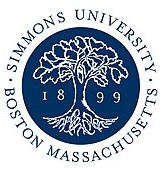 The following local residents were named to the 2021 spring semester dean’s list at Simmons University, in Boston, Massachusetts.
The following local residents were named to the 2021 spring semester dean’s list at Simmons University, in Boston, Massachusetts.
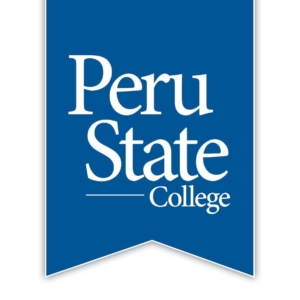 Sheri Brunner, of Madison, has been named to the Peru State College’s dean’s list for the Spring 2021 semester, in Peru, Nebraska. To make the Dean’s List students must have a grade point average between 3.50 and 3.99 for the semester, have completed at least 12 graded credit hours during the past semester, have no incomplete grades for the semester and be degree seeking.
Sheri Brunner, of Madison, has been named to the Peru State College’s dean’s list for the Spring 2021 semester, in Peru, Nebraska. To make the Dean’s List students must have a grade point average between 3.50 and 3.99 for the semester, have completed at least 12 graded credit hours during the past semester, have no incomplete grades for the semester and be degree seeking.
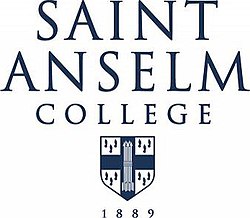 Saint Anselm College student Christopher King, of Sidney, a biology major in the class of 2024, has been accepted into Alpha Lambda Delta, a national honor society for first-year success, for the 2020-2021 academic year, in Manchester, New Hampshire.
Saint Anselm College student Christopher King, of Sidney, a biology major in the class of 2024, has been accepted into Alpha Lambda Delta, a national honor society for first-year success, for the 2020-2021 academic year, in Manchester, New Hampshire.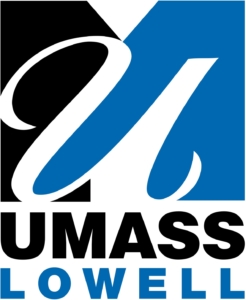 Treva Campbell, of Winslow, has been recognized for achieving academic distinction at the University of Massachusetts Lowell, in Lowell, Massachusetts.
Treva Campbell, of Winslow, has been recognized for achieving academic distinction at the University of Massachusetts Lowell, in Lowell, Massachusetts.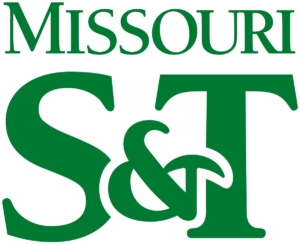 Sean Spillane, of Chelsea, received a degree in master of science, engineering management, from Missouri University of Science and Technology, in Rolla, Missouri, on May 14-15.
Sean Spillane, of Chelsea, received a degree in master of science, engineering management, from Missouri University of Science and Technology, in Rolla, Missouri, on May 14-15.